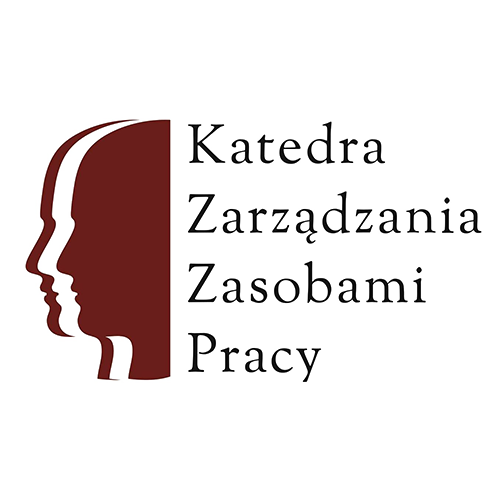November 23, 2023, the National Science Centre announced the ranking list in the OPUS 25 competition. Among the projects qualified for funding was one that will be carried out by a staff member of the Cracow University of Economics (UEK) from the Department of Human Resource Management.
Project Manager: Prof. UEK, Hab. Dr. Mariusz Sołtysik
Project Title: Dynamic Capabilities of Enterprises in Implementing Circular Strategies
Project Amount: PLN 721,600.00
Project Summary
In the era of increasing environmental issues such as climate change, mass biodiversity loss, and a growing scarcity of resources, the concept of the circular economy (CE) has garnered substantial interest among practitioners and researchers. The CE aims to elucidate how, through a series of actions that enhance efficiency and productivity, collectively termed circular strategies (EMF, 2013), a company can contribute to sustainable development while simultaneously creating a competitive advantage. The implementation of these strategies aims at reducing, reusing, repairing, and recycling products. Therefore, unlike linear thinking and practice, the CE involves closing and slowing down resource flows. Hence, the CE concept as a potential model for economic transformation is gaining popularity among practitioners and scholars.
The CE concept particularly emphasizes that the traditional economic approach cannot be sustained in the long term on a planet with highly limited resources and limited capacities for emission absorption. Essentially, it comprises a set of actions to counteract the negative impact on the environment of the linear ‘take-make-dispose’ system of production and consumption, which signifies continuous economic expansion and resource extraction. Simultaneously, changing the way resource flows are organized and the speed at which they circulate within the prevailing economic order distinguishes the CE from currently dominant linear models of resource production and consumption. The CE connects post-production waste with production through processes such as recycling and reusing by-products, aiming to retain the inherent value of products and components. The increasing influence of the CE concept necessitates a strategic shift for businesses, including an approach to building competitive advantage. Given the need to support the implementation of circular strategies, companies should develop dynamic capabilities necessary for gathering, integrating, and utilizing resources available to the enterprise. These encompass both material and immaterial organizational resources (such as data management, the existence of a data-driven culture, the presence of appropriate managerial and technical skills, and data-driven organizational learning processes). The main problem lies in the lack of conceptual frameworks for the utilization of dynamic capabilities dedicated to companies implementing circular strategies. This central problem led to the identification of specific issues, including:
– insufficient knowledge about how a company’s dynamic capabilities are used to generate and modify organizational and operational routines within the company to implement circular strategies.
– insufficient knowledge about how dynamic capabilities enable the creation and reconfiguration of internal and external resources in the company’s transformation towards the CE model.
– insufficient knowledge about the impact of stakeholders of the company as a component of dynamic capabilities in creating CE strategies.
Considering the above assumptions, the primary research objective will be to develop a model for utilizing dynamic capabilities dedicated to organizations implementing circular strategies. Hence, there is a need to clarify how dynamic capabilities support circular strategies and whether this translates into gaining a competitive advantage.


